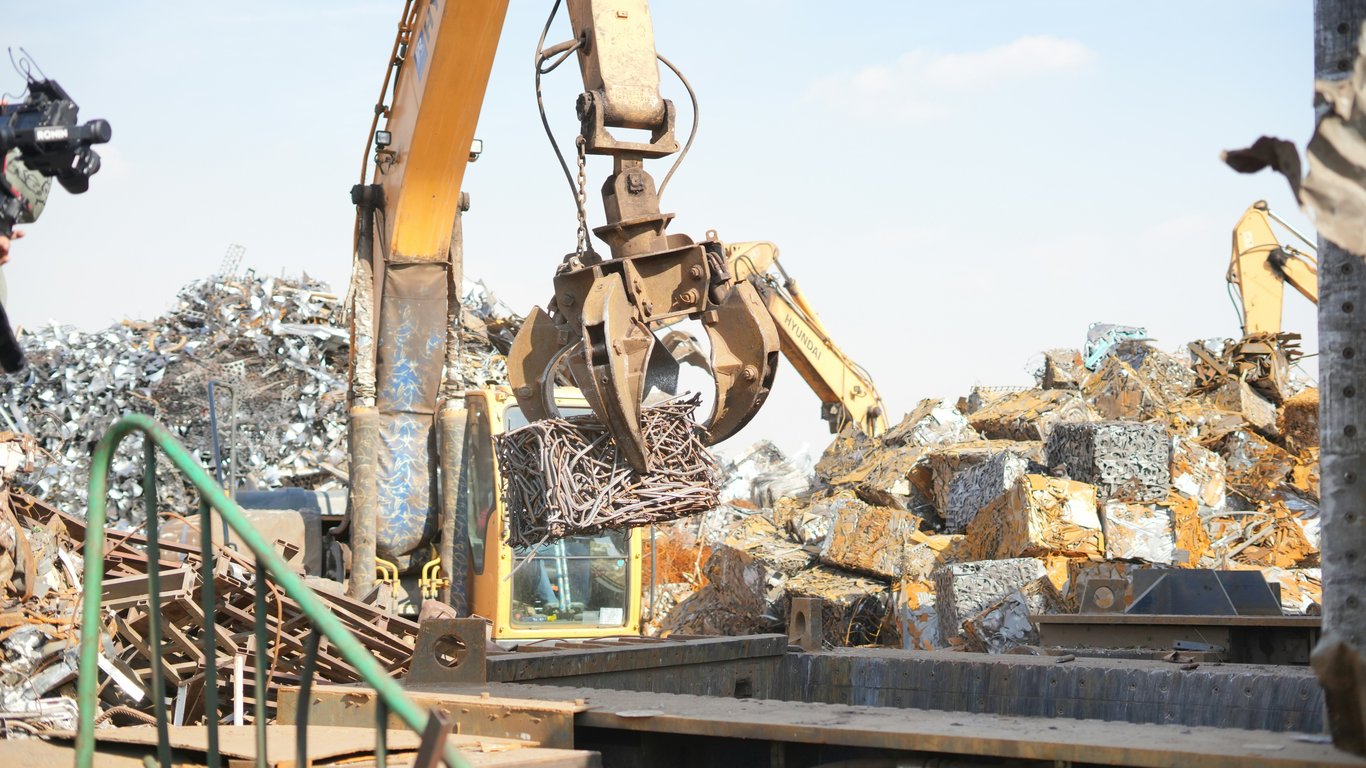In Moldova, restrictions will be introduced regarding the circulation of banknotes with denominations of 200 and 2000 lei.


Hyundai plans to invest $20 billion in production in the U.S.
The Hyundai group plans to invest $20 billion to expand production in the U.S., the White House press service reported on Monday.
In particular, about $5.8 billion will be spent on the construction of a modern steel mill that will supply steel to two Hyundai plants in the U.S. and create jobs for more than 1,400 people. The remaining funds will be invested in expanding production.
President Trump stated that the company's plants in Alabama and Georgia 'will soon produce over 1 million cars made in America per year' thanks to this investment.
The car manufacturer is the latest among a growing number of companies that have announced intentions to increase investments in the U.S. under the Trump administration, which is using tariffs to encourage companies to move production back to American soil and reduce dependence on foreign goods.
'Cars are being imported into the country at levels never seen before. Get ready. This investment is a strong affirmation that tariffs are working very effectively,' Trump said.
Vice President JD Vance stated earlier this month that companies would be rewarded for investing and creating jobs in America.
'We will reduce regulations and increase tax incentives. But if you build outside the U.S., then you're on your own,' he wrote.
The news about the investment from Hyundai came just a few weeks after GE Aerospace announced plans to invest nearly $1 billion to support 'boosting production and expanding the use of new innovative components and materials needed for the aviation future.' GE noted that this funding, nearly twice that of last year, will help improve the safety, quality, and delivery of engines, enhancing the lives of over twenty communities in sixteen states. GE also plans to hire about 5,000 workers in the fields of manufacturing and engineering in the U.S.
Eli Lilly announced in February that it would invest an additional $27 billion to increase the production of pharmaceuticals in the U.S., bringing the total investment of the company in American manufacturing since 2020 to over $50 billion. Johnson & Johnson also announced investments amounting to $55 billion over four years.
Apple also announced its intention to spend $500 billion over the next five years. This includes building a factory for advanced AI servers near Houston and doubling the advanced manufacturing fund from $5 billion to $10 billion.
The large technology company also plans to create an 'Apple Manufacturing Academy' in Detroit and hire 20,000 new employees focusing on research and development, silicon technology development, artificial intelligence, and machine learning.
The Taiwanese Semiconductor Manufacturing Company announced an investment of $100 billion in semiconductor chip production, while the company CMA CGM, one of the largest shipping companies, will invest $20 billion in maritime and logistics sectors in the U.S.
Among other companies that have also committed to investing in the U.S. under Trump are Softbank, DAMAC, Meta, and others. Even Nissan CEO Makoto Uchida hinted that Trump's tariffs could force the automaker to change its production location outside of Mexico.
The administration insists that 'Trump aims to make America the manufacturing superpower of the world.' Economist Michael Santoro believes that moving more production back to the U.S. is a 'good goal,' but it will take Time and come with some shortages.
'Building advanced factories, such as chip factories, can take several years and cost billions of dollars,' Santoro said. He argues that a lack of workforce could lead to increased prices in the near term, as there are not enough people in the U.S. needed to build factories and service them.
However, he also noted that 'our strength in manufacturing lies in the availability of large energy resources in the U.S. that cheaply power our factories' and that 'future advancements in automation and robotics will allow us to overcome workforce shortages.'
Read also
- Sell copper on OLX — what is happening with scrap prices in July
- The wallet is not holding—what products have risen in price the most
- Severance Payments for Employees — What to Consider in 2025
- Harvest in Odesa Region — Farmers Gathered the First Million of the Crop
- Prices for watermelons and melons - how much to pay for one kilogram
- Bank secrecy may be disclosed — who is definitely at risk









